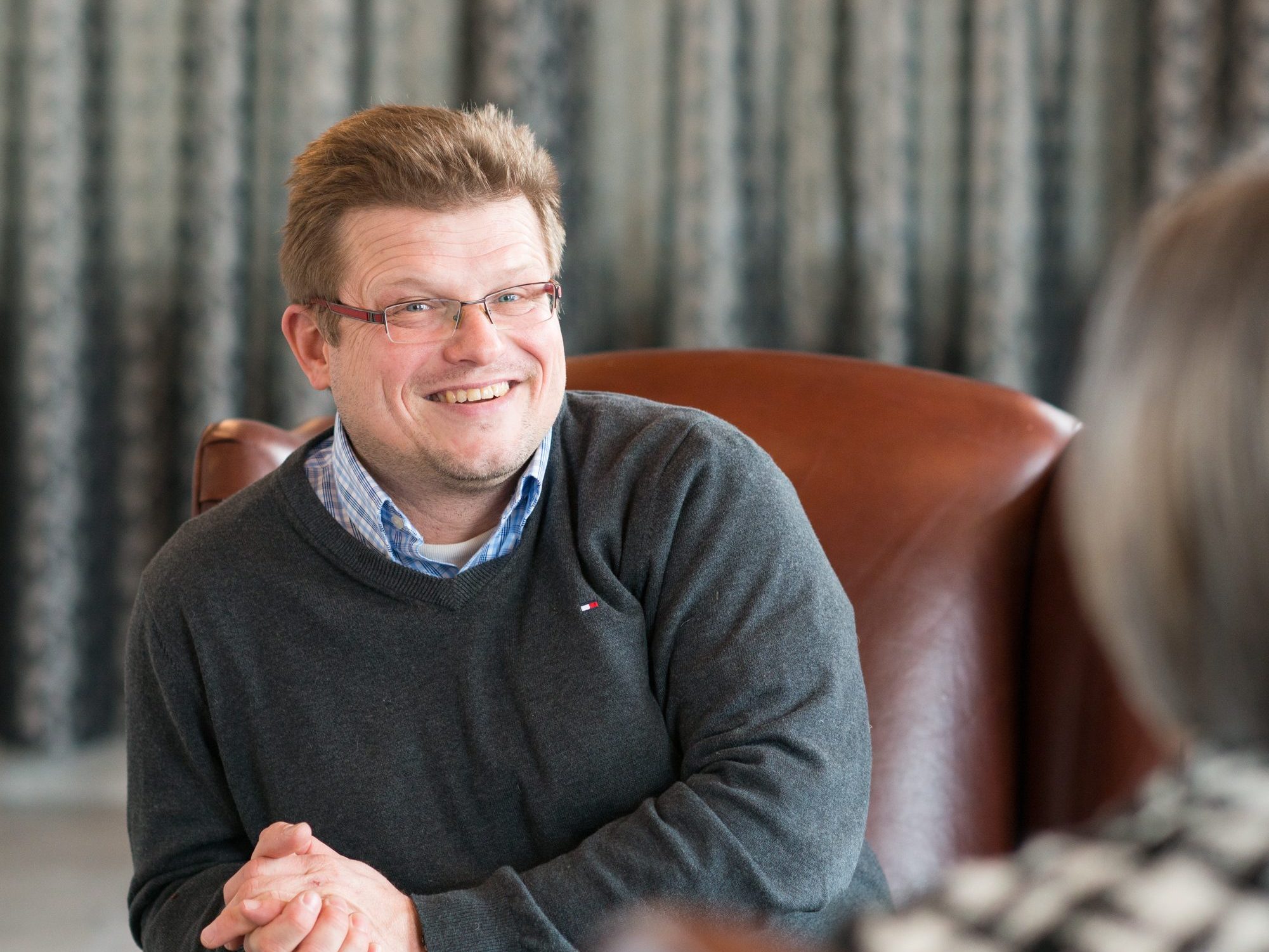Over the course of the last few months, we have been conducting dozens of interviews a week to capture the source material for corporate history books for new clients such as Shouldice Designer Stone and The Jim Pattison Children’s Hospital Foundation. Representing the breadth of organizations from different industries and sectors we are privileged to partner with, Shouldice Designer Stone is an Ontario-based leading manufacturer of stone and brick products. Jim Pattison Children’s Hospital Foundation is a Saskatchewan-based not-for-profit organization that has been instrumental in making the Jim Pattison Children’s Hospital a reality.
As we prepare for another round of interviews, we want to share a few thoughts on how to organize and conduct interviews with confidence and in a way that produces the information needed while creating a positive experience for the interviewee.
Be genuine and establish a relationship regardless of the interview setting
Books and articles on how to conduct interviews effectively and efficiently often suggest using an “icebreaker” when you meet your interview partner and before you start the interview to make them comfortable with the situation. The inexperienced interviewer might feel prompted to be particularly funny or to share a prepared story that may come across as unnatural, staged or even disingenuous. Instead, be yourself. To make your interview partner comfortable with sharing information with you they need to feel they can trust you. Regardless of whether you meet face-to-face or virtually, the best way to create that initial connection is to be interested in your interview partner as a person, regardless of their role in the organization.
Be prepared but don’t let your list of question limit your ability to engage

Learn as much as you can about the organization and the person you are interviewing. Write down a list of themes and questions you want to cover throughout the interview. Prioritize themes and memorize them for the interview. Throughout the interview, you want to keep a “mental checklist” of themes touched on and questions answered by your interview partner but stay away from constantly looking at or even reading out loud prepared questions from your list. Treat your list as a point of reference in case you need it but don’t let it limit your ability to engage.
If you lead the interview with an open question, your interview partner will typically answer it in a contextual manner, giving you lots of ideas for suitable follow-up questions. Keep listening and don’t interrupt while you are already preparing the follow-up question in your mind. You might find it helpful to jot down a word or two to remind you of the point your interview partner just made so that you don’t forget to ask the follow-up question. Ideally, you “forget” about your prepared list of questions until you get to a natural break well into the interview.
Don’t interview—just have a conversation
Most people don’t like being interviewed. A formal interview setting makes people nervous, particularly when recording devices are involved. The secret to a great interview that produces real results is the interviewer’s ability to make the interviewee so comfortable that they forget about the interview setting including the recording device. An interview that is enjoyable for the interviewee evolves organically, is interactive and feels just like an engaging conversation with a friend rather than a formal question and answer setting. Listening and following up on certain points in a conversational manner allows the interviewer to draw out stories and context while facilitating the organic flow of thoughts for your interview partner.
About Historical Branding Solutions

As North America’s leading corporate history agency and company history book publisher, Historical Branding Solutions Inc. is the provider of choice for the most distinguished family businesses, corporations and not-for-profit organizations when looking for a team of content creation and design professionals to create the finest corporate history books, company history books, business anniversary books, franchisee story books, foundations and start-up story books and entrepreneurial legacy books for legacy preservation, milestone anniversary celebration, and customer, employee, franchisee and community engagement. The HBS team serves clients across Canada and the United States.

